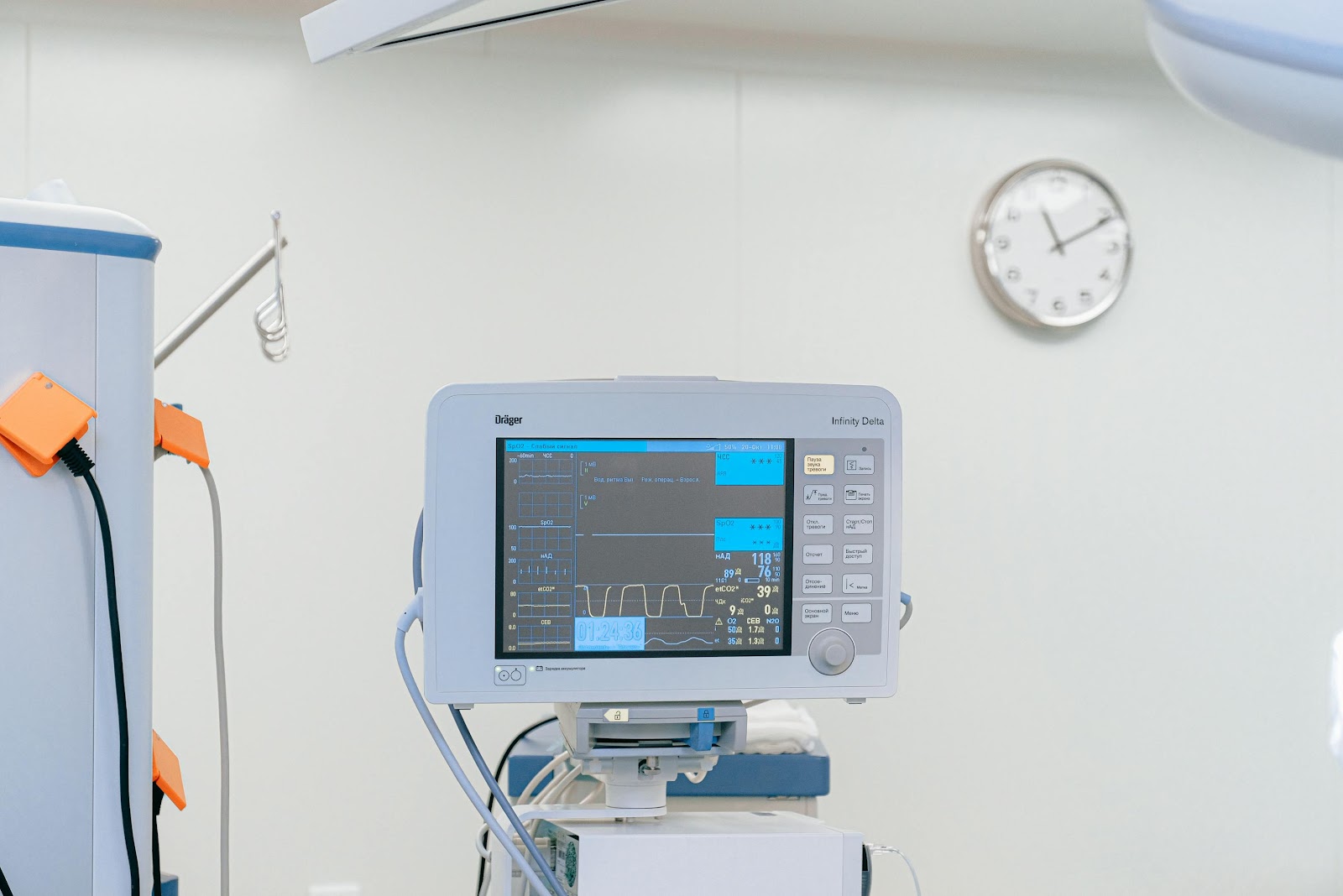Japan has been known for decades for being cutting-edge when it comes to technology and having a well-structured society.
All of this, however, has been slow in translating into inclusion and accessibility for the deaf.
Laws designed to protect the rights of the disabled, which include the deaf, are still a challenge on a daily basis in terms of communication, job placement, attending school, and getting medical attention.
The legal framework, popular views, and present initiatives to close accessibility gaps must be analyzed to comprehend Japan’s stance on deaf rights.

Legal Rights of the Deaf in Japan
Japanese law on disability rights has undergone changes over time.
A few important laws granting equal rights and protection are the Basic Act for Persons with Disabilities and the Act for Eliminating Discrimination against Persons with Disabilities.
These laws have put a ban on discrimination and require those disabled, such as the deaf, to be given reasonable accommodation.
While there is legal recognition by some of the prefectures of Japanese Sign Language (JSL), not all states are in agreement at the national level.
Since the national juridical system does not fully recognize accessibility arrangements, they are implemented differently depending on the location.
The deaf community tends to experience unequal access to public services and work as a result of this inequality.
Access to Education and Language Disadvantages
Though gaps exist, education for the deaf in Japan has improved.
In addition to mainstream schools offering accommodations like written communication support and sign language interpretation, there are also exclusively deaf schools.
However, the majority of deaf pupils must rely on lip-reading or written Japanese, which is difficult, because sign language may not be prioritized in school.
More support exists for bilingual education through Japanese and Japanese Sign Language (JSL).
However, few teachers trained in JSL remain, and implementation continues to be gradual.
Difficulties exist also at the tertiary level.
Even with the accommodations, though, many deaf students find it hard to participate in class, learn lecture material, and participate in discussions.
There are schools that provide good support, but there are schools that hardly offer any support since there is no standard policy.
Employment Challenges and In-Work Modifications
The workplace is still one of the most difficult environments for Japanese deaf people.
It can be challenging for them to find meaningful work even with legal protection against discrimination.
Although technology and changes to the workplace could help fill the communication gap, few businesses will hire deaf employees because of such issues.
All people are on a different level of accessibility.
Some businesses offer visual communication tools, captioning services, and sign language interpreters, but others offer little or nothing.
Hiring procedures have been made more accessible by government programs such as tax subsidies for businesses that hire people with disabilities.
To provide deaf workers with equal opportunity and career development, more awareness and enforcement are nevertheless required.
Healthcare and Public Service Accessibility

Japanese deaf people face many challenges to gain access to healthcare.
Doctor consultations are hard to get in the majority of hospitals and clinics due to the fact that sign language interpreters are not easily accessible.
As a result, deaf people frequently have to communicate in writing, which is not necessarily the most efficient way of explaining complex medical conditions.
Some hospitals have fought back by offering remote interpretation and video relay interpreting services, but not all hospitals have these available.
Other than healthcare, access to public services is likewise inconsistent.
The availability of sign language interpreters and accessible modes of communication varies greatly, although government offices are mandated to provide reasonable accommodations.
Without support, it is sometimes too much for deaf people to cope with the legal, financial, and administrative infrastructures.
Cultural Perceptions and Social Inclusion
Social attitudes towards Japanese deaf people play a large role in shaping how they go about their daily lives.
Japanese Sign Language and Deaf culture become better known but remain stigmatized and poorly understood.
Other people are not easy to get along with at times for Deaf signers, and hard of hearing folks are few in number who also know JSL.
The Deaf community here in Japan strives to become accepted and integrated while facing these barriers.
A yearly Japanese Sign Language Speech Contest and other such activities create growing familiarity and greater openness towards accepting the use of sign language as an effective language in communication.
In addition to the above, Internet-based sources and social networks have also presented the deaf population with new access platforms for connection, experience sharing, and efforts directed at initiating legal changes.
Real-time captioning, video relay services, and speech-to-text software have made communication both in public and private spaces easier.
In favor of the deaf, public spaces like government buildings and train stations are increasingly depending on visual and digital sources.
Although it has closed some gaps in accessibility, technology is no replacement for transforming social norms and policy at the structural level.
Full inclusion continues to depend on increased workplace inclusion, increased educational access, and legal acceptance of JSL.
Future Steps Towards More Accessibility
The deaf community in Japan continues to work towards full inclusion.
Although legal protection exists, the protection is not always equally enforced.
Although educational opportunities are enhanced, there is still limited access to learning that is sign language-based.
The majority of deaf people are still unable to access healthcare services, and work issues continue.
By full recognition of JSL throughout the country, greater levels of accessibility, and increased public awareness, Japan can deepen its commitment to the rights of the deaf and create a society with genuine inclusiveness.
Japan can get closer to providing equal opportunity and full participation in society for the deaf by addressing these issues.
For those who are looking for additional support, Unspoken Language Services offers interpreting services to help bridge the communication gap between the deaf and hearing communities.
Thumbnail Photo credit: Ryutaro Tsukata

